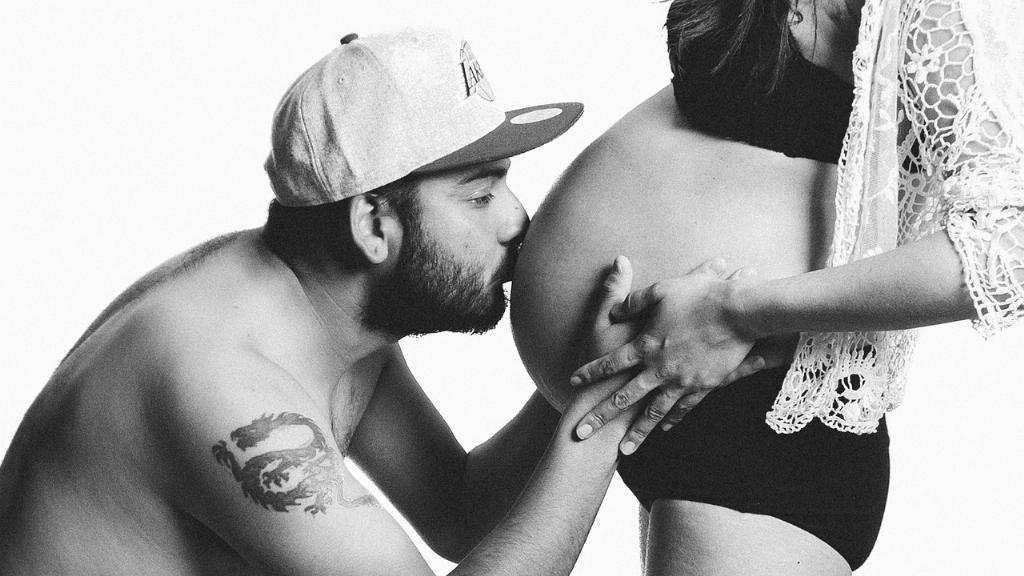Experiencing sensations akin to pulling a muscle in your stomach during pregnancy can be concerning. However, such discomfort is a common occurrence among expectant mothers. The reasons behind this discomfort can be attributed to the rapid changes happening within your body to accommodate the growing life inside you.
The Role of the Growing Uterus
As your pregnancy progresses, your uterus expands to make room for your developing baby. This expansion can lead to the stretching and straining of the ligaments and muscles that support the uterus. As a result, you may feel sensations of pulling or stretching in your lower abdominal area.
Common Triggers for Abdominal Discomfort
The feeling of pulling a muscle in your stomach is often more noticeable during certain activities such as coughing, sneezing, standing up, sitting down, rolling over in bed, or engaging in sexual intercourse. These actions can put additional stress on the already strained abdominal muscles and ligaments, contributing to the sensation of discomfort or mild pain.
Braxton Hicks Contractions
Another common cause of abdominal discomfort during pregnancy is Braxton Hicks contractions. These practice contractions, often described as feeling like a tightening or hardening of the abdomen, can be mistaken for pulled muscles. Braxton Hicks contractions help to prepare the uterus for labor and are generally harmless.
Pelvic Pain and Round Ligament Pain
During pregnancy, pelvic pain and round ligament pain are also common sources of abdominal discomfort. Pelvic pain can be felt in the lower abdomen and pelvic area due to the loosening of the ligaments supporting your pelvic bones. Round ligament pain, characterized by sharp, stabbing pains in the lower abdomen or groin area, is caused by the stretching of the round ligaments that support the uterus.
When to Seek Medical Attention
While abdominal discomfort is often a normal part of pregnancy, there are instances where it may indicate a more serious issue. If you experience severe or persistent pain, accompanied by bleeding, fever, chills, nausea, vomiting, or other concerning symptoms, it is crucial to seek medical attention promptly to rule out any complications.
Managing Abdominal Discomfort
To alleviate mild abdominal discomfort during pregnancy, practicing good posture, engaging in gentle stretching exercises or prenatal yoga, using pregnancy support belts, applying heat or cold packs to the affected area, and practicing relaxation techniques can help relieve muscle tension and ease discomfort.
Consulting Your Healthcare Provider
If you are unsure about the cause of your abdominal pain or if the discomfort persists, consulting your healthcare provider is recommended. Your healthcare provider can assess your symptoms, perform any necessary examinations, and provide guidance on managing your discomfort effectively.
Embracing the Changes in Your Body
It’s important to remember that as your body undergoes the remarkable journey of pregnancy, it will experience various physical changes and discomforts. Embracing these changes with patience and care can help you navigate this transformative time with greater ease and understanding.
Conclusion
Feeling like you’ve pulled a muscle in your stomach while pregnant can be a discomforting experience, but it is often a normal manifestation of the intricate processes occurring in your body during pregnancy. By understanding the reasons behind this sensation and taking proactive steps to manage your discomfort, you can navigate your pregnancy journey with greater confidence and peace of mind.

